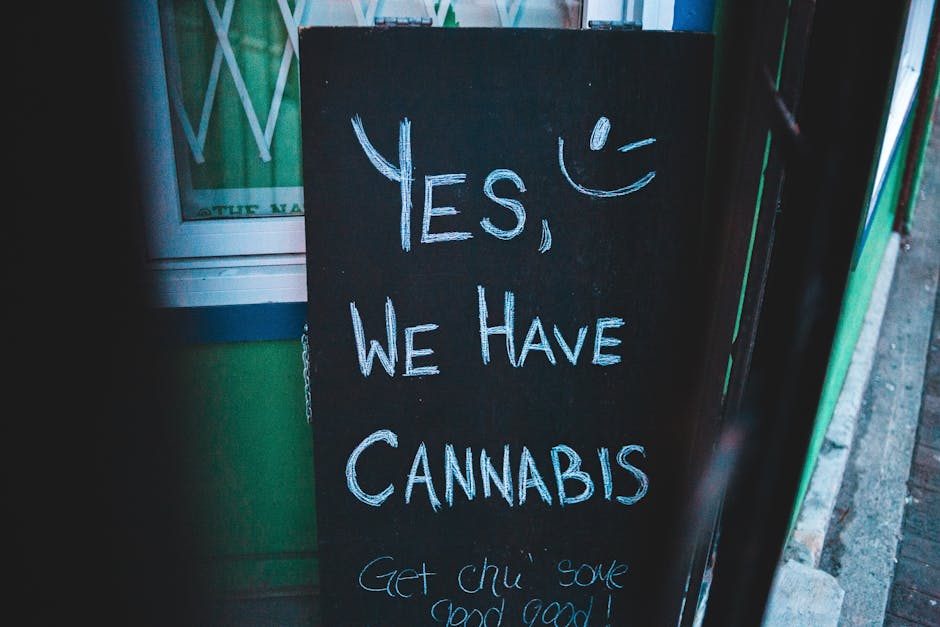
Prague, the capital city of the Czech Republic, has been known for its rich history, cultural landmarks, and quirky deals. One such deal that has garnered attention in recent years is the “Dominican Cocaine” case. In this article, we will delve into the details of this unusual story and explore its implications.
Background
In 2013, a shipment of cocaine from the Dominican Republic arrived in Prague. However, this was not an ordinary drug smuggling operation. The cocaine was hidden in a shipment of sugar, and the intended recipient was not a drug dealer, but a Czech company that had unknowingly imported the illicit substance.
The Quirky Deal
The Czech company, which had ordered the sugar from a Dominican supplier, was unaware of the hidden cargo. When the shipment arrived, customs officials discovered the cocaine, and the company was subsequently charged with drug trafficking. However, in a bizarre twist, the company claimed that it had not knowingly imported the cocaine and had simply been the victim of a clever smuggling operation.
Investigation and Aftermath
An investigation was launched, and it was revealed that the Dominican supplier had indeed hidden the cocaine in the sugar shipment. The Czech company was eventually cleared of all charges, but the incident left many questions unanswered. How had the supplier managed to hide the cocaine so effectively? And what had motivated them to use such an unusual method of smuggling?
Implications
The “Dominican Cocaine” case has significant implications for international trade and drug trafficking. It highlights the need for increased vigilance and cooperation between countries to prevent such incidents from occurring in the future. It also raises questions about the effectiveness of current drug trafficking laws and the measures in place to prevent smuggling.
- The incident has led to increased scrutiny of international trade agreements and the need for stricter regulations.
- It has also highlighted the importance of cooperation between law enforcement agencies across borders.
- The case has sparked debate about the effectiveness of current drug trafficking laws and the need for reform.
International Cooperation
The “Dominican Cocaine” case has also highlighted the importance of international cooperation in preventing and combating drug trafficking. The Czech Republic and the Dominican Republic have since strengthened their cooperation in this area, with regular exchanges of information and joint operations to tackle the problem.
Law Enforcement Efforts
Law enforcement agencies in both countries have increased their efforts to prevent drug trafficking, with a focus on monitoring and controlling the flow of goods and people across borders. This includes the use of advanced technology, such as scanners and sniffer dogs, to detect and intercept illicit substances.
The Czech Republic has also increased its cooperation with other European countries to share intelligence and best practices in combating drug trafficking. This has led to the establishment of a number of joint task forces and operations to tackle the problem at a regional level.
Regional Impact
The “Dominican Cocaine” case has also had a significant impact on the region, with other countries taking note of the incident and reviewing their own measures to prevent drug trafficking. The case has highlighted the need for increased vigilance and cooperation across the region to prevent the spread of illicit substances.
- The incident has led to increased cooperation between law enforcement agencies across the region.
- It has also highlighted the need for increased public awareness and education about the risks and consequences of drug trafficking.
- The case has sparked debate about the effectiveness of current regional policies and strategies to combat drug trafficking;
Future Directions
Looking to the future, it is clear that the “Dominican Cocaine” case will have a lasting impact on the way that countries approach the problem of drug trafficking. The incident has highlighted the need for increased international cooperation, improved law enforcement efforts, and greater public awareness and education.
As the world continues to evolve and become increasingly interconnected, it is essential that we learn from incidents like the “Dominican Cocaine” case and work towards creating a safer and more secure global community. This will require sustained efforts and cooperation from governments, law enforcement agencies, and the public at large.
As we move forward, it is essential that we learn from this incident and work towards creating a safer and more secure global community. This will require sustained efforts and cooperation from governments, law enforcement agencies, and the public at large.
7 thoughts on “Dominican Cocaine: Prague’s Quirky Deal”
Leave a Reply Cancel reply
You must be logged in to post a comment.




This case has significant implications for international trade agreements and regulations. It
The “Dominican Cocaine” case is a prime example of how creative smugglers can be. It raises important questions about the effectiveness of current drug trafficking laws and measures to prevent smuggling.
This article raises important questions about the motivations behind such unusual smuggling methods. I hope to see more in-depth analysis on this topic in the future.
I appreciate how the article highlights the importance of international cooperation in preventing incidents like this from occurring in the future. It
This article sheds light on a fascinating case that highlights the complexities of international trade and drug trafficking. I appreciate how the author delves into the details of the incident and explores its implications.
I found it surprising that the Czech company was unaware of the hidden cargo in their sugar shipment. This case emphasizes the need for companies to be more vigilant when importing goods from abroad.
The author does a great job of breaking down the complexities of the case and making it easy to understand. I found it interesting to learn about the investigation and aftermath of the incident.